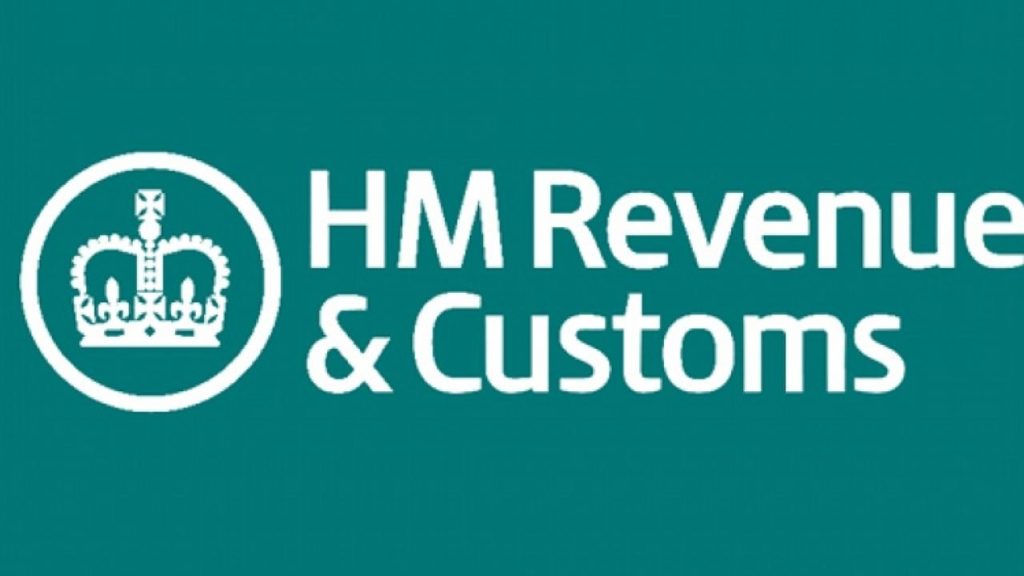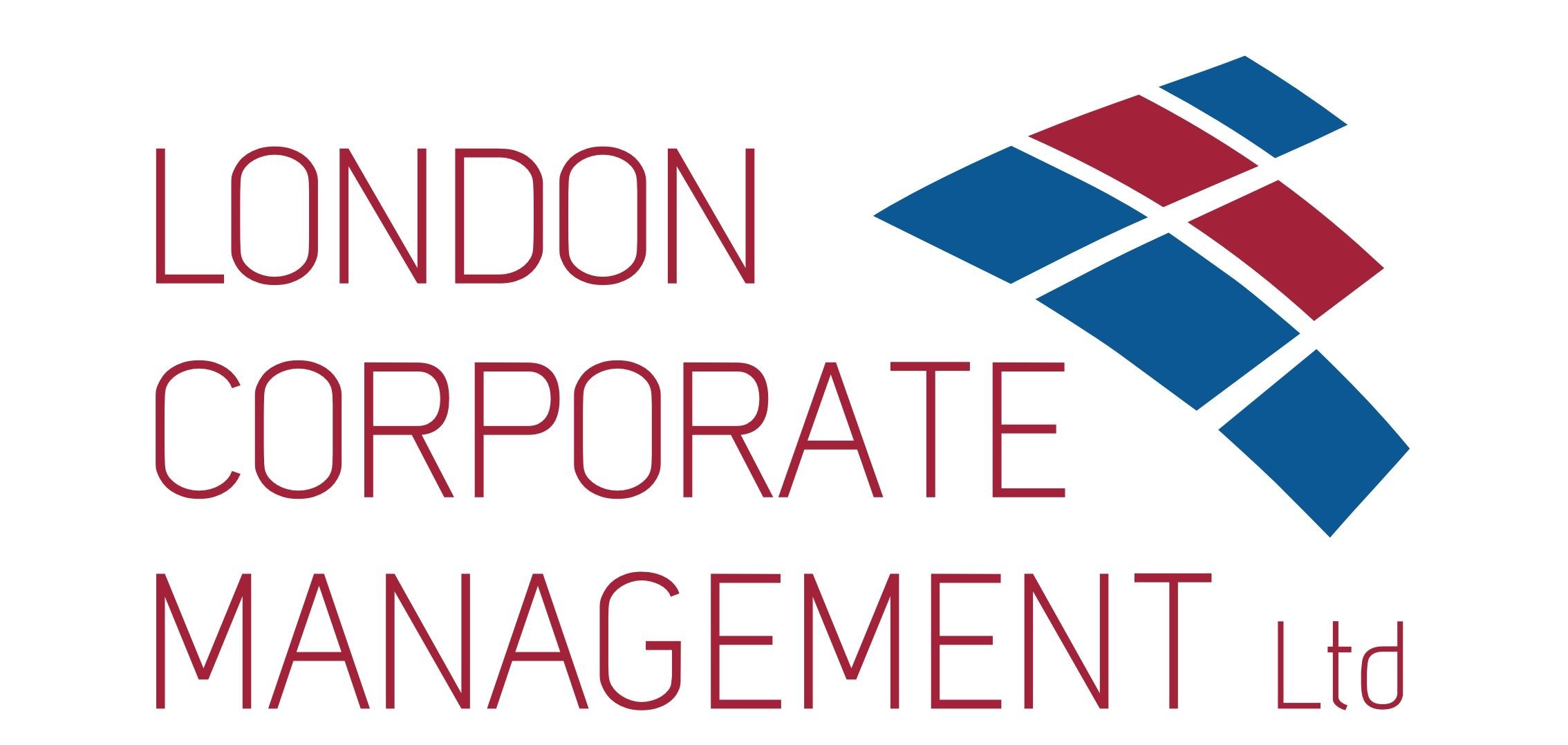Self-assessment criteria changes

Self-assessment criteria changes
In this short article we will discuss the self-assessment criteria changes announced by HMRC. These changes will come into effect from 2023/24.
From 2023/24 onwards, the self-assessment registration threshold for taxpayers who are taxed purely through PAYE will rise to £150,000.
Currently the threshold is £100,000. Therefore, this marks a £50,000 increase in the threshold.
At present, if you have employment income in excess of £100,000, you are required to register for self-assessment and submit an income tax return to HMRC.
Your income tax return must be completed annually and be submitted to HMRC no later than 31 January following the tax year.
This is often seen as an inconvenience by taxpayers caught by this threshold. This is because assuming they have been on the correct tax throughout and all else is in order, your final tax bill can be minimal.
Thus, the cost of the accountant often is more of an expense than the tax bill.
However, it is important to note that in sometimes it can be more complicated. In these cases it is essential to complete an income tax return not only for compliance, but also to ensure that you have not significantly overpaid/underpaid HMRC.
Either way, from 2023/24 onwards, you will no longer need to register for self-assessment unless your PAYE income exceeds £150,000.
This will remove a number of taxpayers from the self-assessment journey and will be welcomed by many.
You may still need to complete an income tax return if you are in receipt of other income such as self-employment income, rental income, dividends etc.
If in doubt, you can use HMRC’s online tool to check whether you need to submit an income tax return.
2022/23 tax year
Please note that the above changes take effect from the 2023/24 tax year onwards. For 2022/23, the threshold remains unchanged at £100,000.
We hope that you have found this article useful. If you have any questions please do get in touch. Our team are happy to help.
